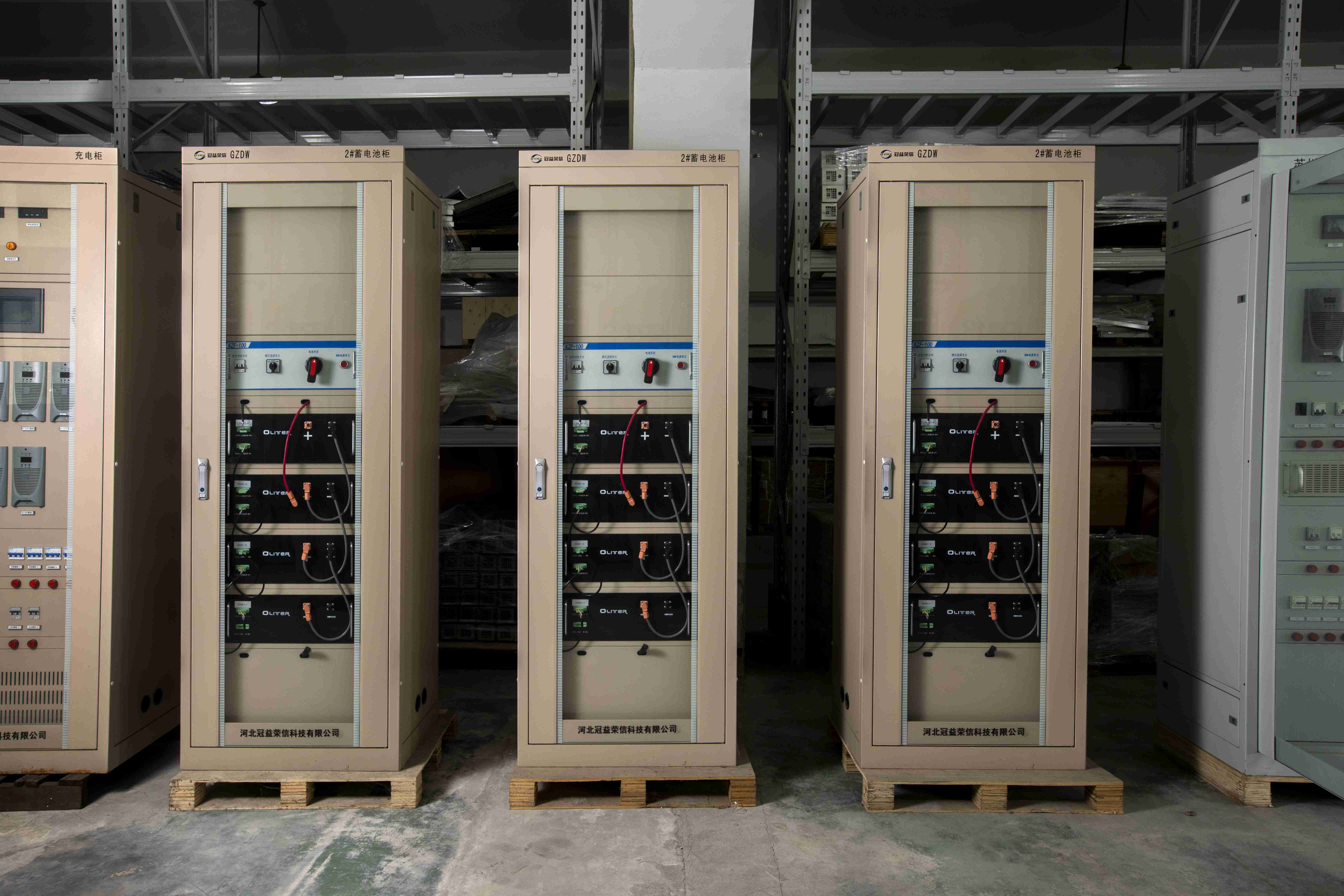
Nov . 25, 2024 16:49 Back to list
Top Providers of Innovative Energy Storage Solutions for the Future
Advanced Energy Storage Suppliers Paving the Way for a Sustainable Future
In the era of rapid technological advancement and climate change, the demand for effective and innovative energy storage solutions has never been more crucial. Advanced energy storage technologies play a pivotal role in integrating renewable energy sources, optimizing energy usage, and ensuring the stability of the electrical grid. Consequently, a growing number of suppliers are emerging in the market, each contributing unique solutions that address the diverse energy storage needs of modern society.
The Importance of Energy Storage
Energy storage systems (ESS) are essential for managing the intermittency associated with renewable energy sources like solar and wind. As these energy sources fluctuate based on weather conditions, efficient storage solutions allow for the absorption of excess energy generated during peak production times and the discharge during periods of low generation. By stabilizing the supply and demand equation, energy storage helps reduce reliance on fossil fuels and lowers greenhouse gas emissions.
Furthermore, advanced energy storage solutions support grid resilience by providing backup power during outages, enhancing grid reliability, and enabling peak shaving. This capability is critical as more homes and businesses adopt renewable energy systems. Effective energy storage is not only about preserving energy; it's also about making energy systems smarter and more efficient.
Key Players in the Industry
The advanced energy storage market features a myriad of suppliers, each specializing in different technologies, applications, and scales. Key players include
1. Tesla, Inc. A frontrunner in the energy storage sector with its Powerwall and Powerpack solutions, Tesla leverages lithium-ion battery technology to provide both residential and commercial energy storage systems. Their innovative products have reshaped the landscape of energy storage, focusing on usability and integration with solar power systems.
2. LG Chem Another significant contributor to the market, LG Chem manufactures lithium-ion batteries for various applications, including electric vehicles and stationary energy storage systems. Their focus on research and development ensures that they remain competitive, continually enhancing battery efficiency and capacity.
3. Fluence Energy A joint venture between Siemens and AES Corporation, Fluence specializes in grid-scale energy storage solutions. Their systems are designed to optimize energy management and support utilities in transitioning to more renewable sources.
4. Samsung SDI Samsung SDI develops advanced lithium-ion batteries and energy storage systems, focusing on providing powerful, long-lasting solutions suitable for multiple applications, from residential setups to large-scale energy farms.
advanced energy storage suppliers

5. Enphase Energy Known for its microinverters, Enphase has expanded its offering to include energy management solutions that encompass energy storage. Their user-friendly systems cater to homeowners looking to maximize solar energy efficiency.
Emerging Technologies in Energy Storage
Beyond conventional lithium-ion batteries, new technologies are emerging that promise to revolutionize the energy storage landscape. These include
- Solid-state batteries Considered the next generation in battery technology, solid-state batteries use solid electrolytes instead of liquid ones, offering greater energy density, higher safety, and longer lifecycle.
- Flow batteries These are particularly advantageous for large-scale applications due to their ability to decouple energy capacity from power capacity, allowing them to store significant amounts of energy for extended periods without degradation.
- Hydrogen storage Utilizing hydrogen as an energy carrier represents a sustainable storage solution that can potentially store excess renewable energy during peak production and release it when needed.
The Future Landscape
As the world pivots towards a more sustainable future, the role of advanced energy storage suppliers will be paramount. Ongoing research and innovation, coupled with favorable government policies and growing public awareness of environmental issues, are expected to accelerate the adoption of energy storage technologies.
Furthermore, collaborations among suppliers, technology innovators, and regulatory bodies are essential to establish standards, optimize performance, and reduce costs, making these solutions accessible to a broader audience. By harnessing the potential of advanced energy storage, we can create a more resilient and sustainable energy ecosystem that serves both current and future generations.
In conclusion, advanced energy storage suppliers are at the forefront of the renewable energy revolution. Their innovative technologies not only address the pressing challenges of energy management but also pave the way for a cleaner, more sustainable future. As we continue to embrace the need for responsible energy consumption and production, the contributions of these suppliers will be instrumental in shaping an energy-efficient world.
-
Next-Gen Energy Management System: Save Energy & Costs
NewsAug.25,2025
-
Intelligent Energy Management: Optimize & Save Power Smartly
NewsAug.24,2025
-
Boost Efficiency with Smart EMS & Energy Management Systems
NewsAug.23,2025
-
Smart Energy Management System | Save Costs & Boost Efficiency
NewsAug.22,2025
-
Advanced Energy Management Systems: Optimize & Save Costs
NewsAug.19,2025
-
Smart Energy Management System: Control & Monitor Usage
NewsAug.18,2025


